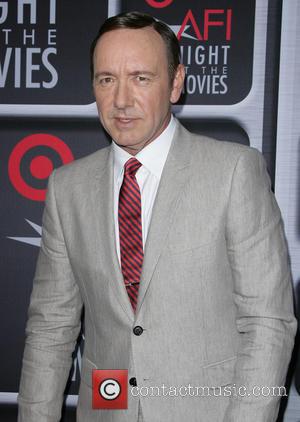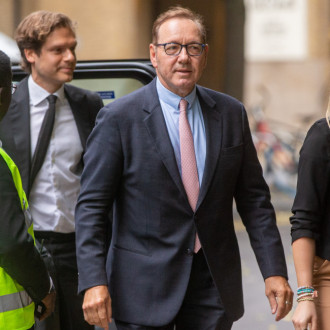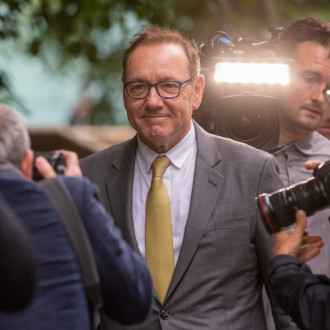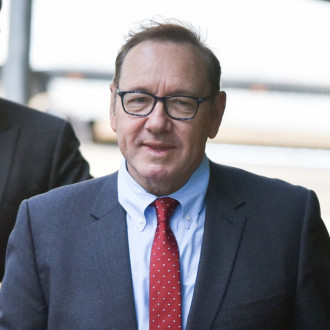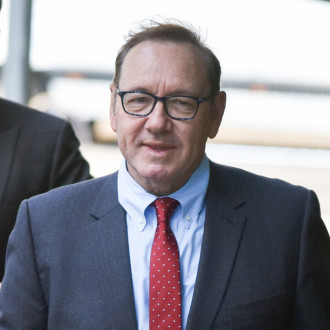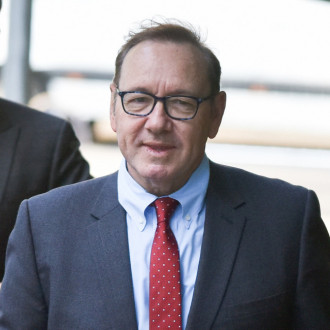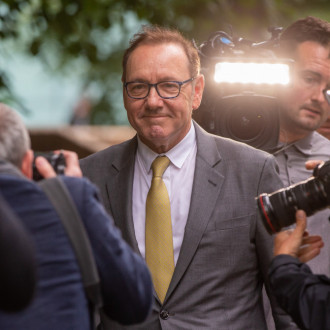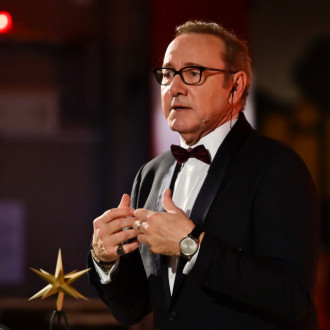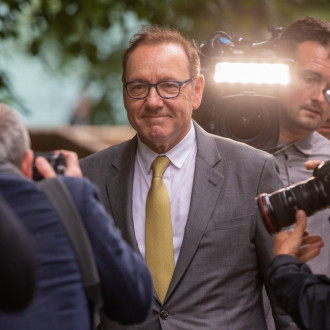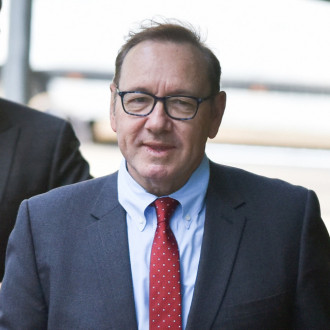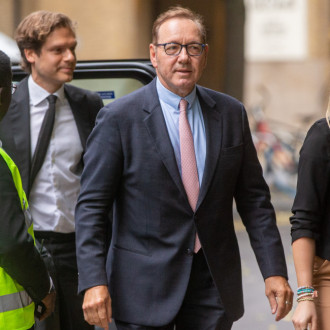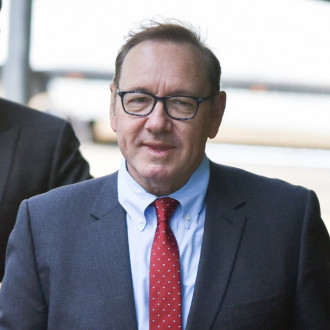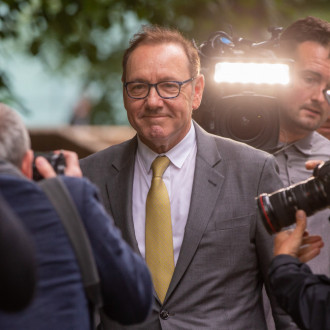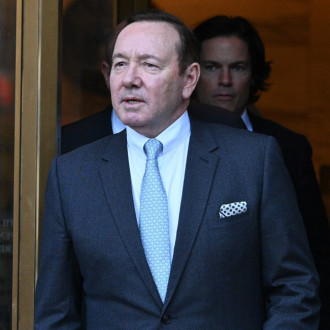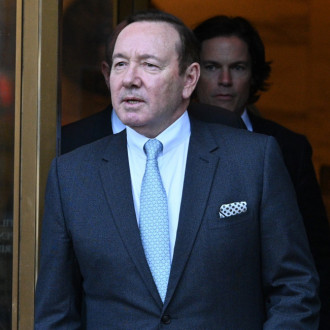Kevin Spacey Goes All Frank Underwood in MacTaggart Lecture
By Michael West in Movies / TV / Theatre on 23 August 2013
Kevin Spacey seems to have taken his role as congressman Frank Underwood off the screen.
Kevin Spacey gave the MacTaggart Lecture at the Edinburgh Television Festival this week, passionately arrguing that the small screen had become its own art form, eclipsing film in terms of character-driven drama.
It's hard to disagree with, following some hugely ambitious shows over the past few years, including Breaking Bad, Mad Men, Homeland and Spacey's very own House of Cards.
"Our challenge now is to keep the flame of this revolutionary programming alive by continuing to seek out new talent, nurture it, encourage it, challenge it, give it home and the kind of autonomy that the past and present . has proved it deserves," he told the audience of TV executives, according to the Guardian.
Crucially, Spacey criticized the American model of piloting shows before committing to a full series. It's a weak format that allows executives to test the water for ratings though forces writers to establish characters, create ridiculous cliff-hangers and prove their show will work in just 45 minutes.
The actor, who is artistic director of the Old Vic theatre, pointed towards models like Netflix, where entire series are available at the click of a button.
"We wanted to start to tell a story that would take a long time to tell. We were creating a sophisticated, multi-layered story [House of Cards] with complex characters who would reveal themselves over time and relationships that would take space to play out."
The $100 million first series was nominated for nine Emmy awards, the clearest sign yet that the balance of power from traditional broadcasters to new digital platforms.
Of Netflix, the internet video-streaming service that has 38 million subscribers worldwide, Spacey said: "The audience wants control. They want freedom. If they want to binge - as they've been doing on House of Cards - then we should let them binge.
"We have learned the lesson that the music industry didn't learn: give people what they want, when they want it, in the form they want it in, at a reasonable price, and they'll more likely pay for it rather than steal it. Well, some will still steal it, but I believe this new model can take a bite out of piracy."
Ultimately, Spacey's argument was that broadcasters had to take more risks and go back to television's early days in the 1950s, where creative were given freedom to run wild with new ideas.
 Kevin Spacey At The House of Cards Premiere
Kevin Spacey At The House of Cards Premiere

Kevin Spacey Took A Risk With 'House of Cards,' A Risk That Ultimately Paid Off
Contactmusic
Related
Advertisement
Movies and Trailers
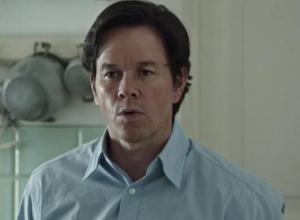
All The Money In The World Trailer
Jean Paul Getty (Kevin Spacey) may have been the richest man of his time, but...
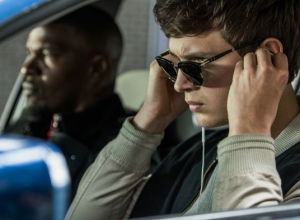
Baby Driver Movie Review
Wildly energetic and so cool it hurts, this action movie has been put together in...
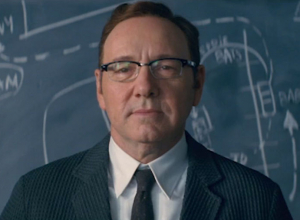
Baby Driver Trailer
Baby is a young man with a talent for driving and a love of music....
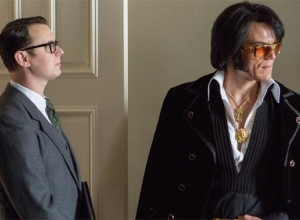
Elvis & Nixon Movie Review
This movie is based on a real meeting between Elvis Presley and Richard Nixon in...
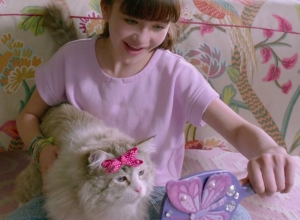
Nine Lives Trailer
Tom Brand has always been a workaholic and his company is in the fanal stages...
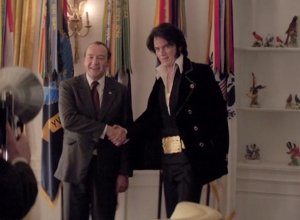
Elvis & Nixon Trailer
Who would've thought that Elvis and Richard Nixon would become allies? When Elvis sporadically showed...
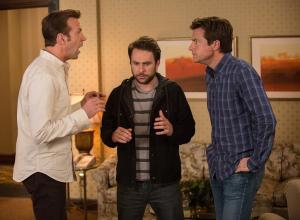
Horrible Bosses 2 Movie Review
Like The Hangover, Horrible Bosses was a movie no one really wanted to see a...
Advertisement
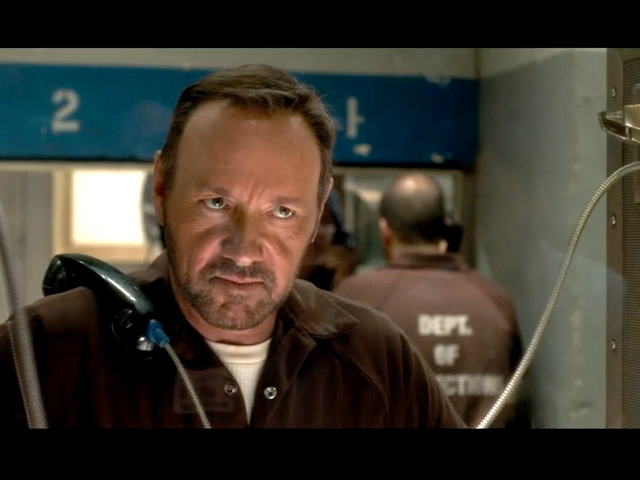
Horrible Bosses 2 Trailer
In the wake of their struggle to murder their bosses in the first film, 'Horrible...
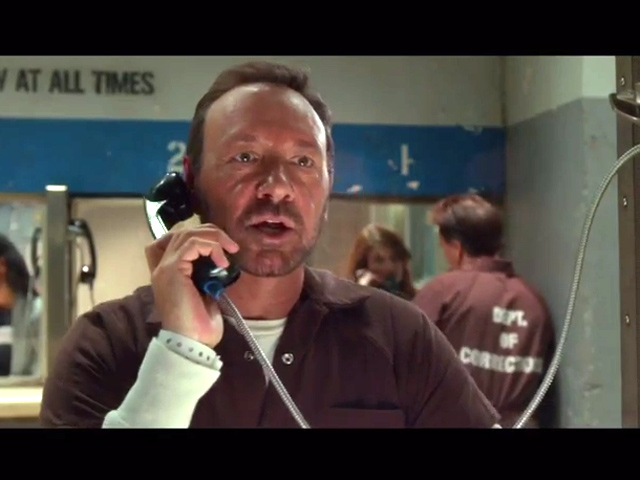
Horrible Bosses 2 Trailer
Having previously got involved with a scheme to kill their abusive bosses (a plan which...

Father Of Invention Trailer
Robert Axle is a wealthy infomercial master. However, when one of his latest inventions has...

Horrible Bosses Trailer
Nick Hendricks (a management candidate), Kurt Buckman (an accountant) and Dale Arbus (a dental assistant)...

The Men Who Stare at Goats Movie Review
Based on true events as recounted in the Jon Ronson book, this freewheeling war comedy...
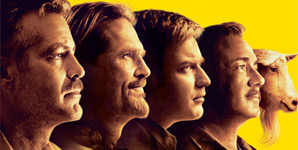
The Men Who Stare At Goats Trailer
Watch the trailer for The Men Who Stare At Goats Bob Wilton is a journalist...
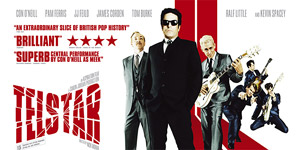
Telstar Trailer
Watch the trailer for TelstarIn 1962 The Tornados were the first British band to get...
Advertisement
